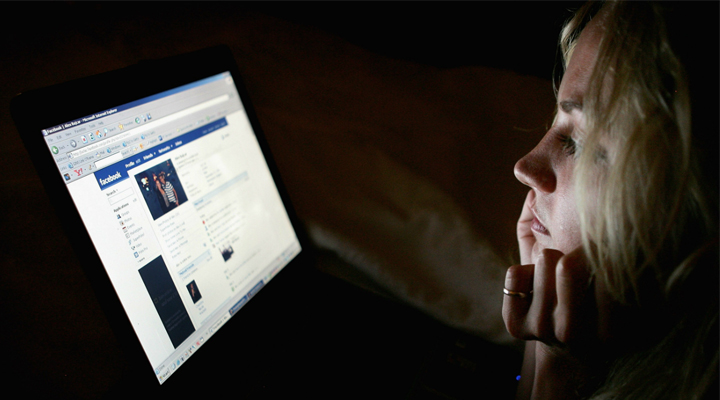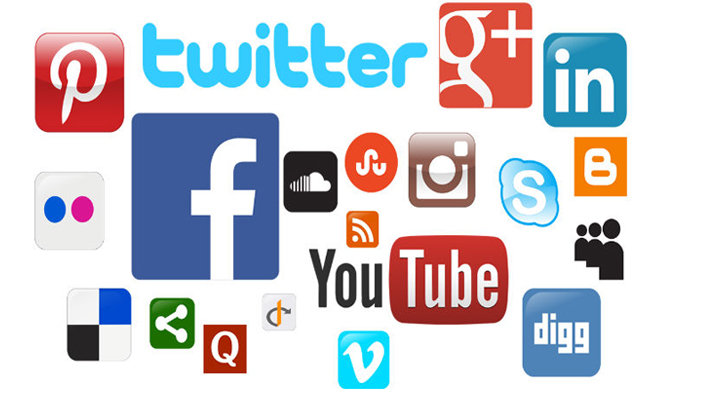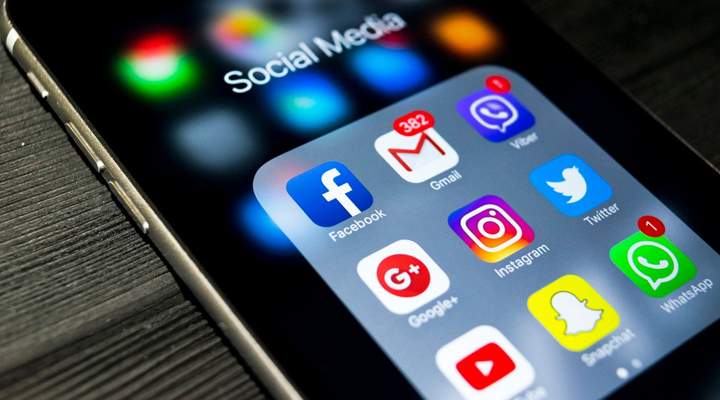On September 14, 2018, the Chief of Air Staff, Air Chief Marshall B.S. Dhanoa, has harangued that everybody appears to be spending long hours on social media, late in the nights. According to him most flight briefings, sometimes, are held as early as 6 am and pilots who attend the briefings haven’t had enough sleep. In this background, he said that spending long hours in the night on social media is leading to IAF pilots being sleep deprived. The CAS sought a system to identify if the pilots had slept enough before taking off on sorties. He urged the Institute of Aerospace Medicine to develop a system to identify whether pilots had enough sleep before flying sorties. In his addressing, the Chief of Air Staff elicited that in the preceding occasions, the barman would know if a pilot had drunken more to avert him; if he failed to notice, some other person would know and he would be made redundant to fly for the day. However, he added, nowadays, that breath analyzers would serve the purpose. Still, he wondered if there was any mechanism that one can find out if a pilot had enough sleep. He referred to a fatal accident that took place in 2013 for the reason that the pilot did not have adequate sleep for an elongated time.
In this background, he said that spending long hours in the night on social media is leading to IAF pilots being sleep deprived. The CAS sought a system to identify if the pilots had slept enough before taking off on sorties. He urged the Institute of Aerospace Medicine to develop a system to identify whether pilots had enough sleep before flying sorties. In his addressing, the Chief of Air Staff elicited that in the preceding occasions, the barman would know if a pilot had drunken more to avert him; if he failed to notice, some other person would know and he would be made redundant to fly for the day. However, he added, nowadays, that breath analyzers would serve the purpose. Still, he wondered if there was any mechanism that one can find out if a pilot had enough sleep. He referred to a fatal accident that took place in 2013 for the reason that the pilot did not have adequate sleep for an elongated time.
In a knock-on style, the CAS has made it a point that excess of social media access in the nights is akin to excess consumption of liquor. While definitely admitting that spending long hours on the Social Media, late in the night, would make a pilot deprived of good sleep that ultimately results in air accidents, I wonder if this problem is virtuously concomitant with pilots alone? Definitely, the answer would be a ‘no’ from most, if not all. There is categorically a professional menace associated with the immeasurable social media usage in the night. For example, in the month of May 2015, there was an incident in which a Jordanian doctor performing a C-section allegedly left phone inside a patient’s belly. The case was apparently discussed in parliament as it was an imperative point for discussion. In another incident in India, doctors left the towel in woman’s belly after an operation on February 24, 2016. In this incident, an investigation has revealed that the senior medical staff members of Lal Bahadur Shastri Hospital in east Delhi’s Khichdipur area were responsible for causing grievous hurt as they left a towel inside a woman’s stomach during her cesarean delivery. A few analyses on these incidents have endorsed the roots of these adverse incidents lying in untold social media usage in the night. If we keep on deliberating, many such annoying incidents would surface. The point for confab here is not to either blame the pilots or the doctors rather to discourse that there is a dire need to address the situation wherein the social media usage has been interleaving negative influences among the people in general, and professionals explicitly.
If we keep on deliberating, many such annoying incidents would surface. The point for confab here is not to either blame the pilots or the doctors rather to discourse that there is a dire need to address the situation wherein the social media usage has been interleaving negative influences among the people in general, and professionals explicitly.
The impact social media on sleep patterns is a topic of great attention given the recognized adverse effects of sleep deprivation on health. The sleep deprivation adds to many workplace calamities. If certain calamities are limited to self, many others would affect the others. For example, what would happen if a pilot takes off the plane occupied by the passengers, without having adequate sleep in the night? The social media effect resulting in sleep deprivation is not only limited to professionals but also teenagers. The youngsters are losing sleep because of the long hours of social media usage in the nights.
The social media effect resulting in sleep deprivation is not only limited to professionals but also teenagers. The youngsters are losing sleep because of the long hours of social media usage in the nights.
As explained once by a senior author Dr. Jean-Philippe Chaput of the Children’s Hospital of Eastern Ontario Research Institute, sleep is an essential component of healthy development and an important contributor to physical health and mental health. Even so, insufficient sleep has become prevalent among adolescents over the last few decades. While there have been many reasons for insufficient sleep among young people, the recent observation reveals the fact that social media use was associated with greater odds of short sleep duration in a dose-response manner. Importantly, significant associations were found when social media use exceeded one hour per day, suggesting that even this level of social media may be damagingly associated with sleep duration. Too much of anything is good for nothing! For that matter, social media access for longer hours during the late nights is not an exception.
-Dr. Suman Kumar Kasturi













